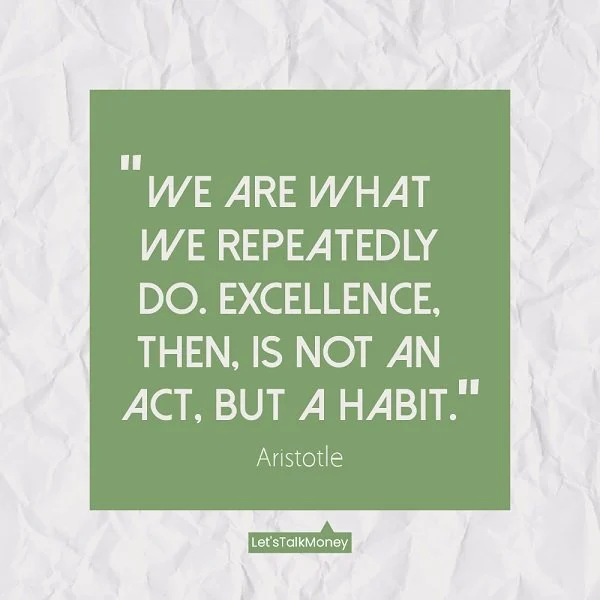Logistics refers to the process of planning, implementing, and controlling the efficient flow and storage of goods, services, and related information from the point of origin to the point of consumption. In simpler terms, logistics is about getting the right product to the right place, in the right quantity, and at the right time while minimizing costs and ensuring product quality.
Key components of logistics include:
- Transportation: This involves selecting the appropriate mode of transportation (e.g., truck, ship, plane, train) and managing the movement of goods from suppliers to manufacturers and then to distributors and retailers.
- Warehousing and Inventory Management: This includes the storage of goods, often in warehouses or distribution centers, and the tracking of inventory to ensure products are available when needed.
- Order Fulfillment: Managing customer orders, processing them efficiently, and ensuring timely delivery to customers.
- Supply Chain Planning: The strategic planning of the entire supply chain, including demand forecasting, production planning, and distribution scheduling.
- Packaging and Materials Handling: Choosing appropriate packaging and materials handling methods to protect products and optimize space and transportation.
- Information Management: Using technology and data to track and control all aspects of logistics, from order processing to inventory management.
- Quality Control and Returns Management: Ensuring the quality of products through quality control measures and handling returns and reverse logistics when products need to be returned.
- Sustainability and Environmental Considerations: Addressing environmental concerns in logistics, such as reducing emissions and minimizing waste.
Logistics is a critical function in various industries, including manufacturing, retail, e-commerce, and healthcare. It plays a fundamental role in ensuring that products are available to consumers when and where they are needed while also optimizing costs and minimizing waste. An efficient logistics system can provide a competitive advantage and customer satisfaction.






























